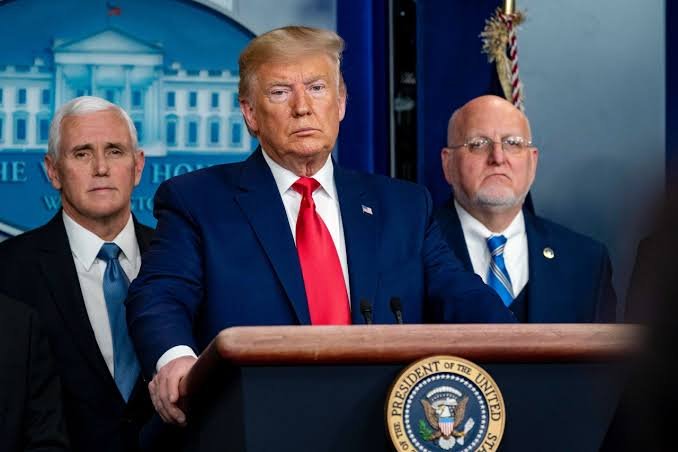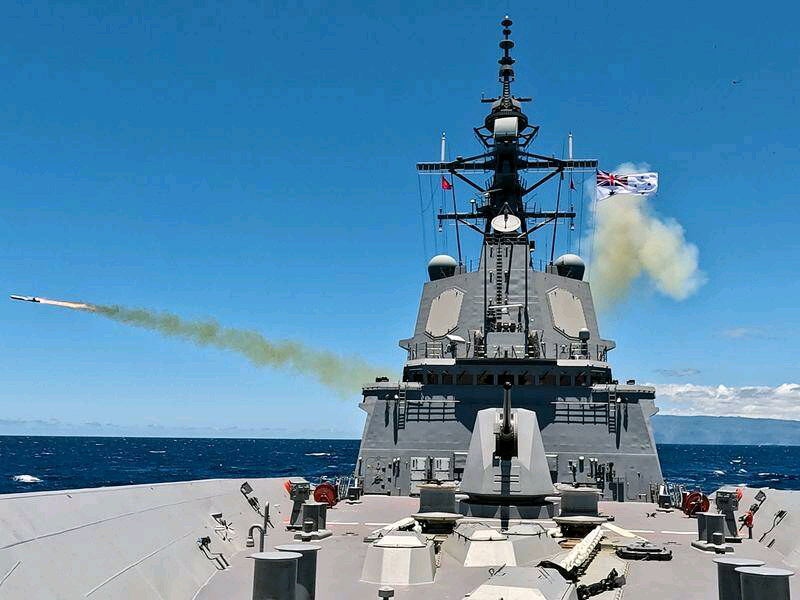President Donald Trump has signed an executive order imposing sanctions on the International Criminal Court (ICC), condemning its investigations into the United States and Israel as “illegitimate and baseless.” The order restricts the financial assets and visas of individuals assisting the ICC’s inquiries into American or allied officials.
The move comes as Israeli Prime Minister Benjamin Netanyahu visits Washington, following the ICC’s recent arrest warrants against him and a Hamas commander over alleged war crimes in Gaza—charges that Israel denies.
U.S. Challenges ICC Authority
The White House accused the ICC of equating Israel’s military actions with those of Hamas, calling it a “shameful moral equivalency.” Trump’s order argued that the court’s actions threaten U.S. sovereignty and national security by exposing American citizens to potential legal prosecution.
Neither the U.S. nor Israel recognizes the ICC’s jurisdiction. The court is intended as a last resort for cases where national authorities fail to prosecute crimes. In a similar move during his first term, Trump sanctioned ICC officials investigating alleged U.S. war crimes in Afghanistan—sanctions that were later revoked by President Joe Biden.
International Reactions and Ongoing Debate
The Netherlands, where the ICC is based, expressed regret over Trump’s decision, emphasizing the court’s role in ensuring accountability for serious crimes. Meanwhile, the U.S. House of Representatives recently voted to impose its own sanctions on the ICC, though the measure stalled in the Senate.
The executive order follows Trump’s recent remarks about a U.S. plan to take control of Gaza after the war, resettle its population, and transform the territory into a regional hub. The proposal has been widely criticized by Arab leaders and the United Nations.
While Netanyahu has praised Trump’s position, international organizations continue to warn against policies that could undermine international legal frameworks.



